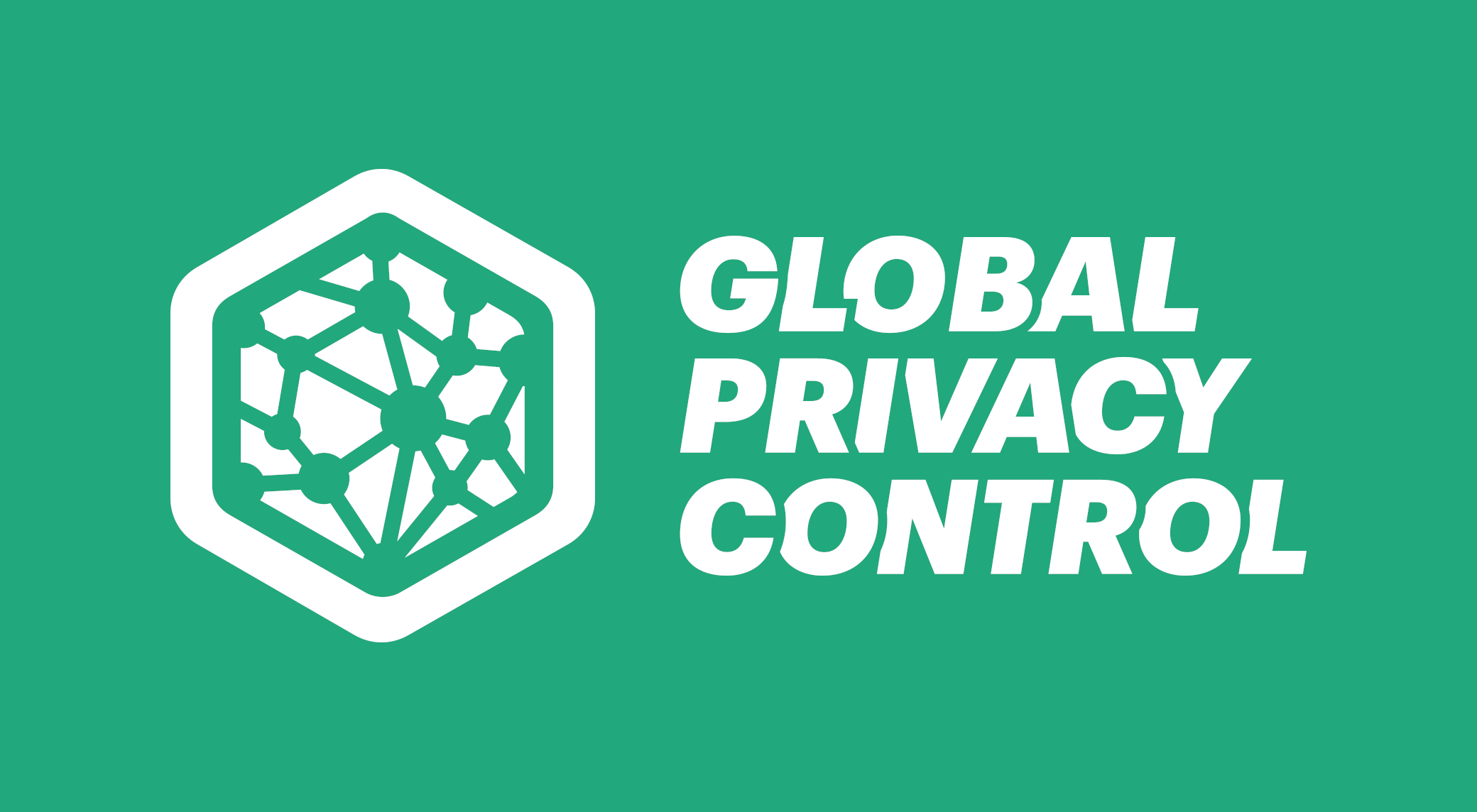Over 50 organizations managing tens of thousands of websites have partnered to launch Global Privacy Control to enhance internet usage and protect user privacy regarding cookies. Contrary to popular belief, supplying website visitors with a privacy notice suffices for compliance for most online firms. Compliance with data protection laws depends on how cookies are used and how data subjects’ requests are handled. The Connecticut Data Privacy Act will also assist customers in using an opt-out preference signal to request that their data not be processed for targeted advertising or selling.
What is Global Privacy Control?
Usercentrics on August 21, 2023, defined global privacy control as an initiative to give users control over their data online and standardize the communication of consent preferences. It offers a universal opt-out signal for data privacy preferences and can automate opt-in or opt-out of the use, sale, or sharing of users’ data.
Global Privacy Control (GPC) is a browser signal or extension that simplifies individuals’ ability to express their internet privacy preferences. Fundamentally, GPC lets users set their web browsers’ privacy choices. Users can set preferences on websites, allowing them to opt in or out of cookie usage, data sharing, data sale, and targeted advertising.
GPC is used by a large number of online browsers, browser extensions, and tools. These consist of web browsers such as DuckDuckGo, Privacy Badger, Brave, and Firefox. GPC extensions are supported by browsers such as Chrome that lack an integrated GPC capability.
Background On Global Privacy Control
The CCPA envisioned a universal opt-out signal, which prompted the development of Global Privacy Control, or GPC. The GPC is supported by an unofficial coalition of more than a dozen organizations. They include Mozilla, The New York Times, The Washington Post, the National Science Foundation, and the Electronic Frontier Foundation (EFF).
The CCPA also imposed a $1.2 million enforcement action on Sephora in 2022 for allegedly violating a user opt-out through GPC.
What Is the Significance of Global Privacy Control for Businesses?
A “Do Not Track” signal attempted—and failed—to gain momentum not so long ago. The concept, similar to GPC, allows users to restrict data usage, share it, and avoid tracking across websites. However, businesses didn’t follow it because there was no legal requirement for them to do so. The WC3 dissolved the project in 2019, ten years after it was proposed, due to “insufficient support and adoption.”
That has been modified. State laws now support universal opt-out signals and the GPC, and they have teeth.
Businesses must handle signals as legitimate requests to opt out of personal information sales or sharing. Also, this includes cross-context behavioral advertising, in accordance with the CCPA/CPRA.
Sephora and California Attorney General Rob Bonta have reached a $1.2 million settlement for CCPA violations in 2022. While there were many infractions, the primary one was the disregard for processing opt-out requests made through the GPC. In a news release about enforcement, Attorney General Bonta brought attention to this infraction.
Consumers wishing to exercise their right to data privacy can greatly benefit from technologies such as Global Privacy Control. However, if companies conceal how they use customer data and disregard requests to opt out of their sales, then these rights are worthless.
Let’s Examine More Closely at the Many Regulations That Apply to Gpc:
Global Privacy Control: Privacy Rights Act of California (CPRA)
Businesses are required by the California Privacy Protection Agency to treat opt-out choice signals as legitimate requests to withhold personal information from sale or sharing under the terms of the CCPA/CPRA. According to the CCPA regulations,
“If a business gathers customer personal data online, it must regard user-enabled global privacy controls—like a privacy setting or browser plug-in, device setting, or other mechanism—that convey or indicate the customer’s desire to not have their personal data sold as a legitimate request made—for that browser or device, or, if known, for the customer.”
Additionally, according to the CCPA’s implementing regulations:
Global privacy signals must unambiguously indicate to customers that they choose to refuse to have their personal information sold.
Businesses should prioritize the GPC signal over user-stated preferences when there are conflicting signals between a user’s GPC signals and their cookie banner preferences.
Colorado Data Privacy Law
The Colorado Privacy Act (CPA) mandates that starting on July 1, 2024, businesses must provide customers with a “universal opt-out mechanism” so they can exercise their right to refuse the processing of their personal information for sales or customized advertising.
In contrast to California, CPAs must comply with the universal opt-out procedure starting in July 2024.
CPA Rules outline the disclosures, reactions to user signals, and technical requirements for enabling opt-out through universal signals for organizations.
The Connecticut Data Privacy Act
The Connecticut Data Privacy Act (CTDPA), which goes into effect on January 1, 2025, expands on the current opt-out requirements and mandates that companies assist customers in using an opt-out preference signal to request that their data not be processed for targeted advertising or selling. Customers should be able to easily see this signal if they choose to opt out of any data processing or sale.
Guidelines for the Global Opt-Out System
The following requirements for the opt-out signal are stipulated in the Colorado Privacy Act (CPA) and the Connecticut Data Privacy Act (CTDPA):
- Be predicated on explicit and unambiguous decisions made by customers as opposed to default configurations.
- Do not unjustly hurt other companies.
- It must be simple to use and easy for users to grasp.
- Be in line with comparable procedures mandated by other laws.
- Give companies the ability to precisely confirm if a customer is a state resident and has submitted a legitimate opt-out request.
State Privacy Legislation in Other US States
Businesses are not required to reply to the GPC signal under US state privacy laws such as the Utah Consumer Privacy Act (UCPA) and the Virginia Consumer Data Protection Act (VCDPA).
FAQs
Can We Trust Global Privacy Control?
Although the GPC is not yet legally binding in many areas, firms in states like Connecticut and California, where data privacy laws mandate it will have to abide by the signal. In other places, the GPC depends on websites and other internet providers to respect users’ privacy preferences.
What Setting in Chrome Controls Global Privacy?
A browser signal or extension called Global Privacy Control (GPC) makes it easier for people to express their privacy choices when using the internet. Fundamentally, GPC lets users set their web browsers’ privacy choices.
What Is the Purpose of Privacy Settings?
What do privacy settings mean? Many websites and apps include privacy options that let you manage who may view your profile and what information visitors can see. It’s common knowledge that online profiles will be set to private by default when they are established.
Conclusion
With internet usage at an all-time high, millions of users are forming and reiterating expectations about their privacy. Businesses must now more than ever adjust to new regulations and technology standards that provide customers with greater privacy control.
Also, Read



